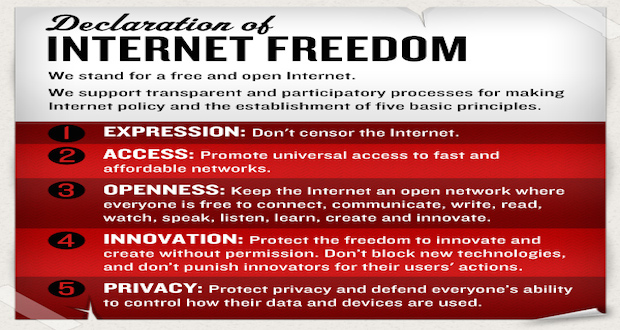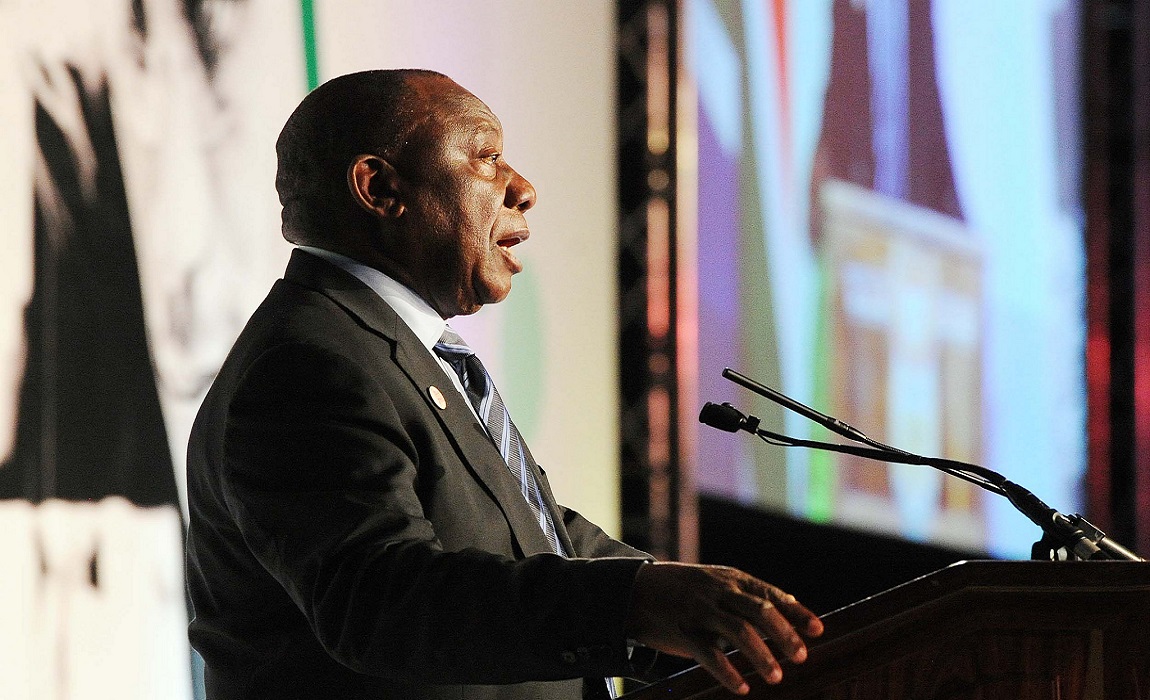It’s as if they thought we wouldn’t find out. While the world has been going to shit of late, with bombings here (Istanbul, Saudi Arabia), shootings there (Iraq), hacking and broken hearts a little further on there (Bangladesh), the South African government quietly tried to weaken a UN resolution geared to protect our freedoms online.
The idea of the resolution paid reference to article 19 of the Universal Declaration of Human Rights and was designed to ensure that “the same rights people have offline must also be protected online.” This means that if a blogger was attacked, perpetrators would be held to account. Or it there was a terror attack, a botched election, or (closer to home) a tumultuous protest against the government, and the authorities shut down the internet, the new resolution rules that it would amount to a human rights violation.
By consensus, the United Nations Human Rights Council adopted the resolution with opposition from China and Russia who, according to human rights organisation ARTICLE19, “led amendments to the resolution aimed to delete calls for states to adopt a “human rights based approach†for providing and expanding access to the Internet, and remove key references to the Universal Declaration of Human Rights (UDHR) and language on freedom of expression”. Both India and South Africa supported the amendments.
In supporting the amendments, South Africa joined ranks with China, India, Russia, Saudi Arabia and a list of other governments in trying to control how the internet is used and consumed.
@pranesh @azadessa @khadijapatel all 4 amendments were in our view attempt to disrupt + weaken positive focus of res. We argued against all.
— Andrew Smith (@access2smith) July 5, 2016
On one hand, one has to wonder if the South African government’s growing attachment with Russia, India and China prompted our diplomats to vote in solidarity with “the east”. Each one of these nations has its own warped reasons to subvert their citizens’ online behaviour. But the South African government says it supported the amendment to ensure that hate speech spewed online wouldn’t escape scrutiny under the guise of “freedom of expression”.
“ The exercise of the right to freedom of opinion and expression is not absolute, and carries with it duties and responsibilities for right-holders. The draft resolution does not make reference to acts of hatred propagated through the cyberspace, including cyberbullying, despite having extensive focus on Internet and information and communication technologies,” Ncumisa Pamella Notutela, deputy permanent representative for the South African permanent mission to the UN and other International Organisations in Geneva, said.
But given that the vote comes at a time when South Africans are seething over the SABC’s decision to stop broadcasting violent protests in the country, as well as moves to mute negative coverage of President Jacob Zuma and ANC, it certainly seems like another attempt to muzzle us.
“We are disappointed that democracies like South Africa, Indonesia, and India voted in favour of these hostile amendments to weaken protections for freedom of expression onlineâ€, said Thomas Hughes, Executive Director of ARTICLE 19.
@access2smith @azadessa @khadijapatel And reporters should note: on those two there’s the possibility of a difference of opinion.
— Pranesh Prakash (@pranesh) July 5, 2016
It’s worth noting that the resolution was supported by more than 70 states, including Brazil, Turkey, the United States and Nigeria – not the greatest examples of human rights or decency themselves – but at least they care enough to pretend.
Editors note: A previous version of this article based on wire reports said that South Africa voted against the UN resolution. This is incorrect. South Africa opposed amendments pushed by Russia and China to the resolution which was passed by consensus.









